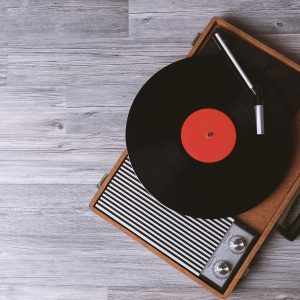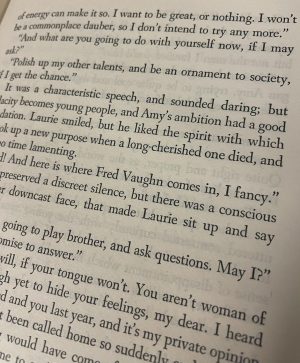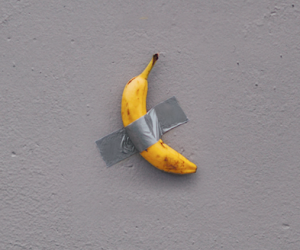Life is Purposeful
Jan 30, 2020
Now that I am back to the regularly scheduled programming of JCU after studying in London, my entrepreneurship track has started back up again. As is typical for an aspiring entrepreneur, there are hundreds of ideas, big and small, that run through my head all at once. It is creative, consuming and confusing.
Before winter break even concluded, my class was assigned the task of developing an answer to what our personal ikigai is. Ikigai (pronounced “eye-ka-guy”) is rooted from Japanese culture and has no English translation. It simply is a word that embodies the concept of happiness in living. What makes you happy? What allows you to thrive? What is your purpose?
University is a time of self-discovery and boasts a long-term impact on the rest of your life. It is a heavy weight to hold over your head–determining what you are meant to study, who you are meant to work for or where you are meant to go. Liberal arts schools such as John Carroll are helpful in easing this burden, but external factors and other people can only help you to a certain extent with this question: What is your purpose?
The first day of spring semester rolled in and my professor begged the questions: what do you love, what are you good at, what does the world need, and what can you be paid for? On the Venn diagram associated with this concept, you will see the overlap of meaning between those four proposed questions. There lies a passion, a mission, a profession and a vocation. What is your purpose?
According to Chris Myers, cofounder and CEO of BodeTree, “It is all too easy to fall victim to siloed thinking that our job, family, passions and desires are all separate and unrelated aspects of our life.” In fact, everything is actually intricately connected. This is a hard concept for me to grasp. How can I decide what I am meant to be when I grow up?
Before you tell me I am a 20-year-old and not a kid, I hate to tell you that we are never done growing and evolving. Just like foods you love can turn into foods you hate, hobbies become old hobbies and new ones consume your life, people move around and don’t stay put; life is full of change. With a life full of change can come a life full of many purposes.
“It is possible to be true to your passions, live a life of consequence and still use business as a medium of expression. At the intersection of all of this are feelings of peace and lasting happiness that can sustain us throughout our entire lives,” said Myers.
Ikigai is to help us find those purposes in life and give us a path to get there. You may have just one sole purpose, but you can also have many. Ikigai allows us to realize that things we love can be cultivated into a career and catapult you into fulfillment.
By suggestion of John Carroll senior Molly Killeen, I have begun to include daily and weekly ikigai in my journal, which is essentially ikigai on a smaller scale to get you through the week. For those who feel that they cannot take 20 minutes out of their day to journal, a great alternative is writing down your ikigai purposes. Similar to writing down intentions, starting to think of the questions of ikigai may bring you more clarity on your major, your personal health and well-being, your romantic relationships, your friendships or even what your next big step in life should be.
Writing my own intentions and ikigai allowed those many ideas in my head to slow down and individually unpack each idea in depth. Ikigai has helped me realize that I may want to continue my education, whether that be a master’s in Business or Innovation. It has even given me new aspirations. I am going to write a book before I am 25, I am going to have a more sustainable lifestyle and I am going to practice listening to others and empowering them to have a voice. Ikigai helps you change the narrative of “I want” and “I need,” to “I am going to.” What is your purpose?












